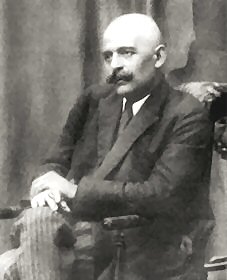A Quote by William Ernest Hocking
What our view of the effectiveness of religion in history does at once make evident as to its nature is--first, its necessary distinction; second, its necessary supremacy. These characters though external have been so essential to its fruitfulness, as to justify the statement that without them religion is not religion. A merged religion and a negligible or subordinate religion are no religion.
Related Quotes
We are driven to confess that we actually care more for religion than we do for religious theories and ideas: and in merely making that distinction between religion and its doctrine-elements, have we not already relegated the latter to an external and subordinate position? Have we not asserted that "religion itself" has some other essence or constitution than mere idea or thought?
I suspect that religion is a necessary evil in the childhood of our particular species. And that's one of the interesting things about contact with other intelligences: we could see what role, if any, religion plays in their development. I think that religion may be some random by-product of mammalian reproduction. If that's true, would non-mammalian aliens have a religion?
The knowledge exists by which universal happiness can be secured; the chief obstacle to its utilization for that purpose is the teaching of religion. Religion prevents our children from having a rational education; religion prevents us from removing the fundamental causes of war; religion prevents us from teaching the ethic of scientific cooperation in place of the old fierce doctrines of sin and punishment. It is possible that mankind is on the threshold of a golden age; but, if so, it will be necessary first to slay the dragon that guards the door, and this dragon is religion.
We are nearly always longing for an easy religion, easy to understand and easy to follow; a religion with no mystery, no insoluble problems,no snags; a religion that would allow us to escape from our miserable human condition; a religion in which contact with God spares us all strife, all uncertainty,all suffering and all doubt; in short, a religion without a cross
Does history warrant the conclusion that religion is necessary to morality - that a natural ethic is too weak to withstand the savagery that lurks under civilization and emerges in our dreams, crimes and wars? ... There is no significant example in history, before our time, of a society successfully maintaining moral life without the aid of religion.







































